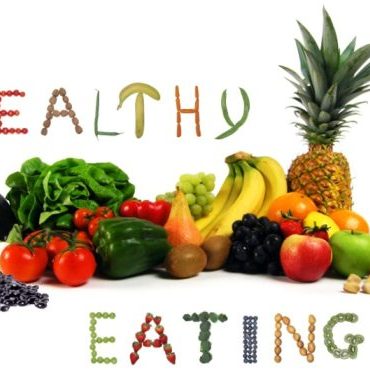 Our diet and exercise expert Arlene offers up her latest advice to our readers.
Our diet and exercise expert Arlene offers up her latest advice to our readers.
Ever since I hit 35 I find it harder to keep the weight off although I am not exercising less or eating more. I have a very hard job with long hours that precludes me from going to the gym in the morning or after work. What are some reasonable steps I can take to getting fit?
As a woman gets older her metabolism tends to slow down. In addition, if you do not do sufficient exercise you start to lose muscle mass which is your metabolically active tissue.
It is imperative that you do an hour of exercise a day – walk, swim, pilates, yoga, etc. This is not only to maintain your muscle and bone mass but also to speed up your metabolic weight.
Exercise is also a stress release. You can break your exercise sessions up into 20-minute sections. You must make exercise a priority in your life and schedule it into your day!
Eating better usually results in your eating improving and you making better choices. Be aware of portions sizes. Australian portions are growing. Without us realizing it we are eating too much.
A regular slice of bread 5 years ago used to weigh 30g, today most bread weigh at least 40g. When you eat out be aware of how much food is on your plate, and make every effort not to finish it.
Ensure you are making the correct food choices. Snacking is something we do unconsciously. Everything you eat must go on a plate and you must sit down to eat it.
Together with regular exercise and smaller portions, your weight will gradually drop, but more importantly, you will be making permanent lifestyle changes.
I have been a runner for years and now have knee problems from marathon running. I don’t know any other way of keeping fit but my doctor has told me to stop running Help!
Unfortunately, the continual jarring on the knee from running can result in knee problems. It is important that you strengthen the muscles that support the knee – pilates is great for this!
You can now take on new forms of exercise which you will start to enjoy and which will maintain your fitness level – walking, swimming, cycling, using a fit ball, water aerobics and doing spin classes at the gym.
You should consult your doctor prior to doing any other form of exercise to ascertain whether it will impact your knee. As a marathon runner, your body and your mind need exercise, so I would start a varied regime as soon as possible.
I keep reading about the need to drink 8 glasses of water a day. Is this true? I have tried doing it but I am never out of the toilet! Then I read that drinking so much water flushes out nutrients rather than purifying the system. Which is correct?
You must drink 6-8 glasses of water a day; I have heard it many times. This statement is not based on human physiology. Water is not the only source of fluid.
A lot of foods you eat contain a considerable amount of fluid. Vegetables and fruit are around 90% water, as are milk, fruit juice, and soft drinks.
Cooked meats and fish are over 50% water and bread are about one-third water. Professor Don Robertson from the University of WA, responding to the 6-8 glasses debate said “Humans, like all other organisms, have sophisticated automatic control systems for regulating water intake and loss without any need for conscious intervention of the sort advocated by recent propaganda campaigns”.
When you are exercising you have to make a concerted effort to increase your fluid intake as thirst is often not a good indicator of fluid requirements.
There is no harm in drinking 8 glasses of water a day, but on a cool day, you will be going to the loo a lot. If you do make 8 glasses your goal, slowly increase your intake over a few weeks.
You should drink as much fluid as you need to keep hydrated. In most cases, this is the amount of fluid that will produce light yellow to pale urine about 5-6 times a day.
On a hot day that might be eight glasses or more; on a cool winter’s day that might be only four cups of tea, with your food providing the rest of your fluid needs.
That is right, even tea and coffee are fluid sources to the body. The colour of your urine is only part of the picture, but it might be the part that gets you to look at the rest of the picture, i.e. volume and frequency.
What minerals can I take to improve my bone density?
If your bone density is lower than normal, you can take steps to increase your bone strength and reduce your chances of having a fracture. Some ways to increase bone density and strength include combining calcium and vitamin D supplements with weight-bearing exercise (such as walking), and weight training. Your doctor might prescribe certain medications depending on how bad your bone density is.

